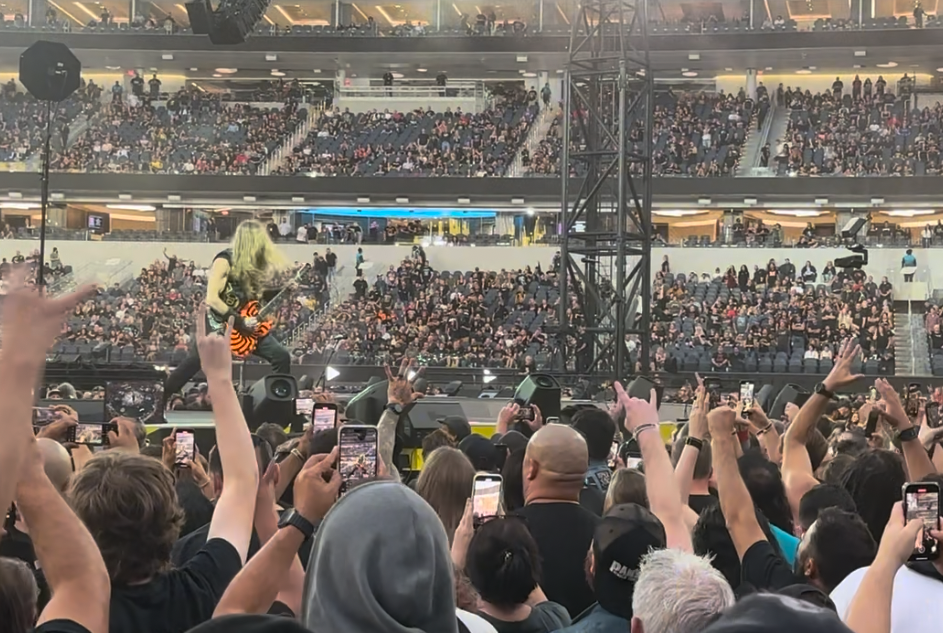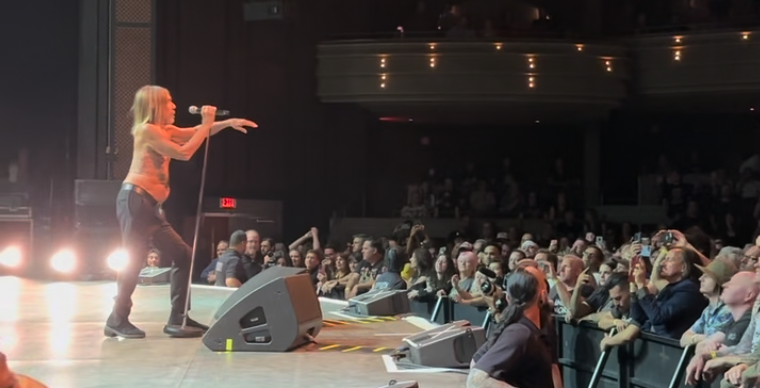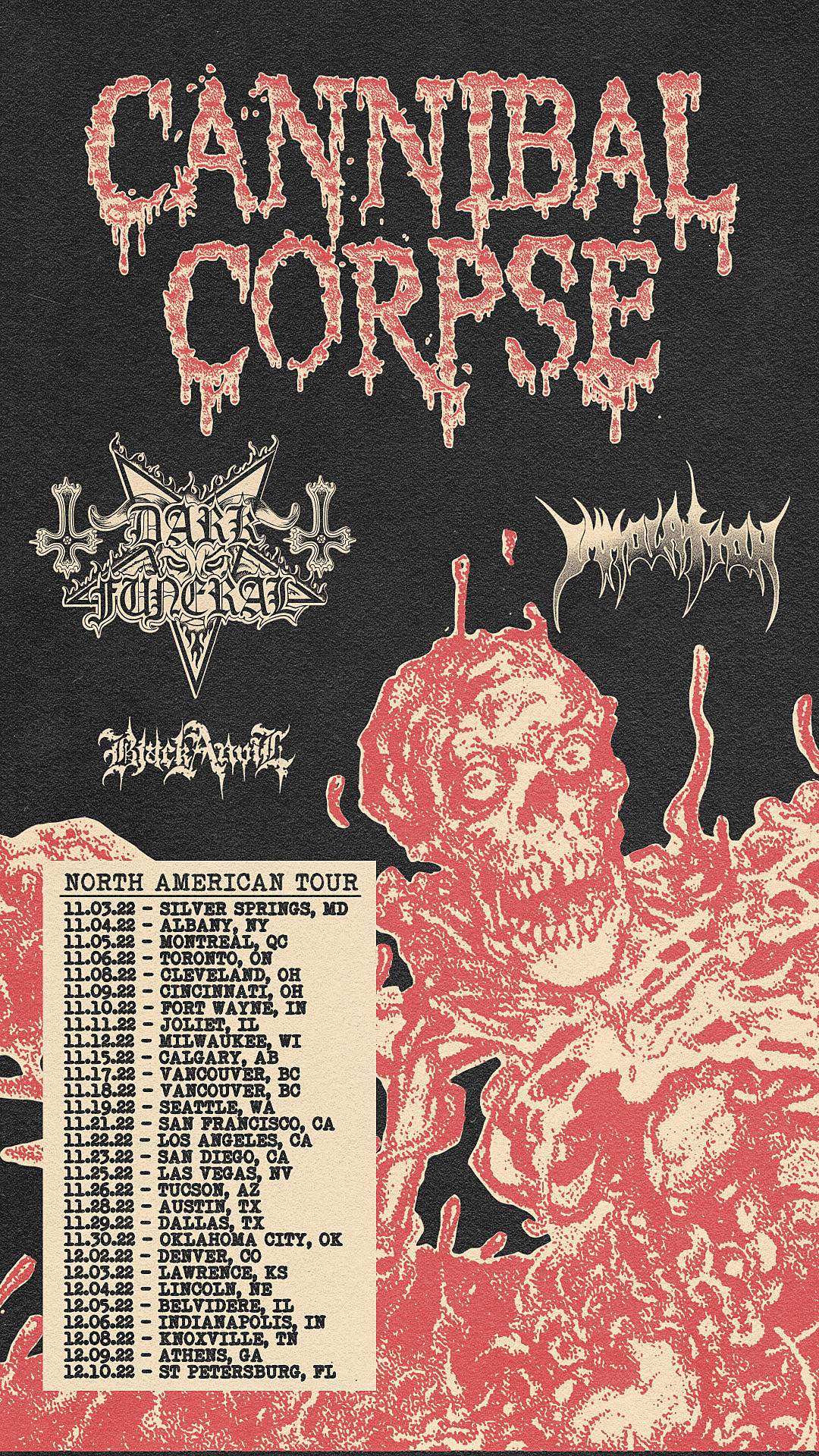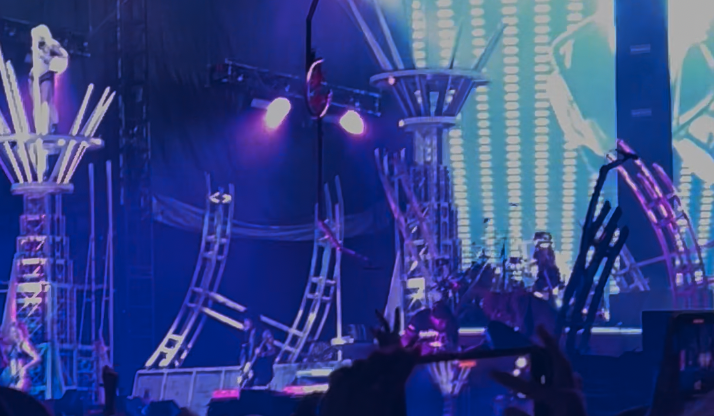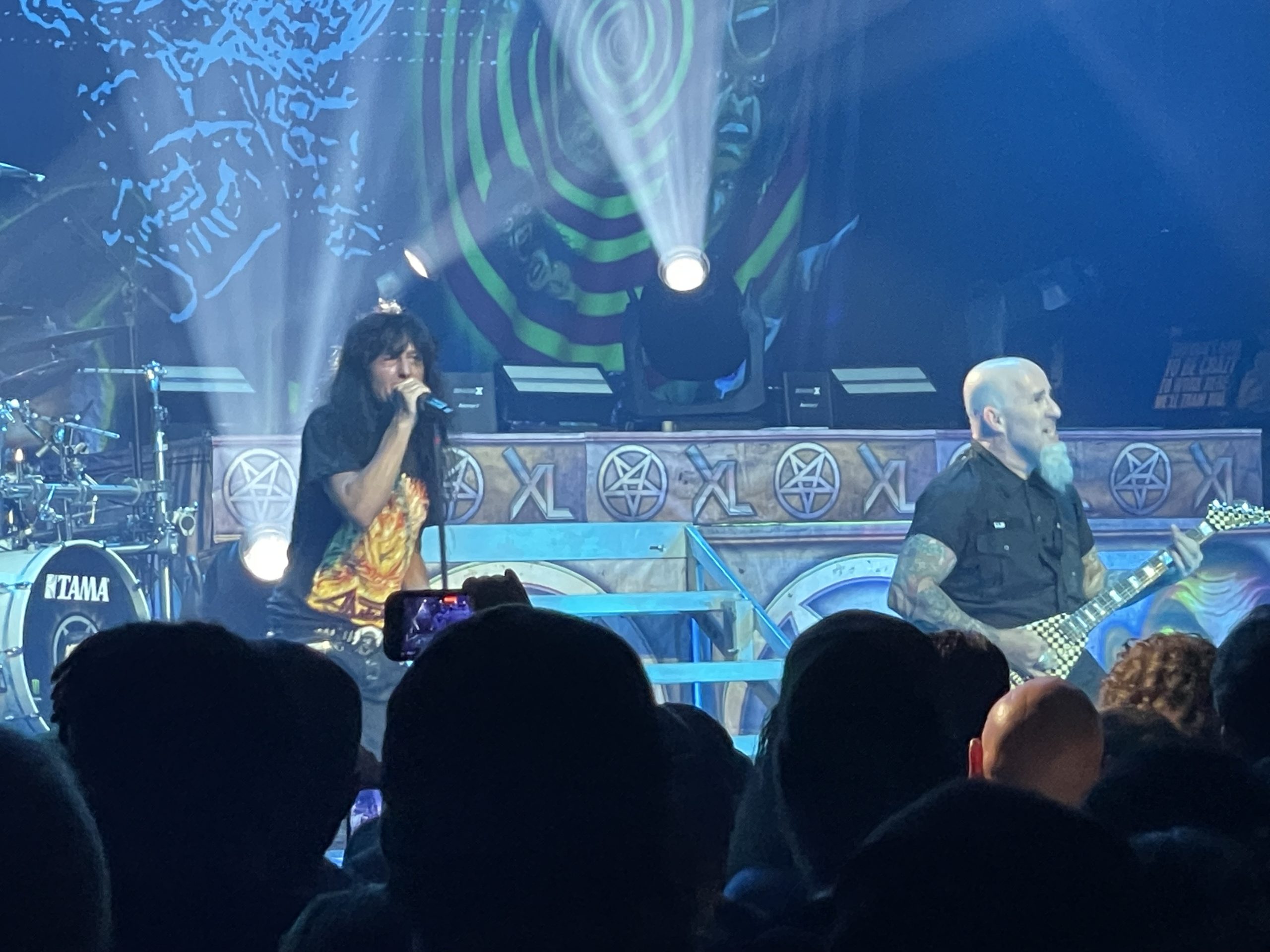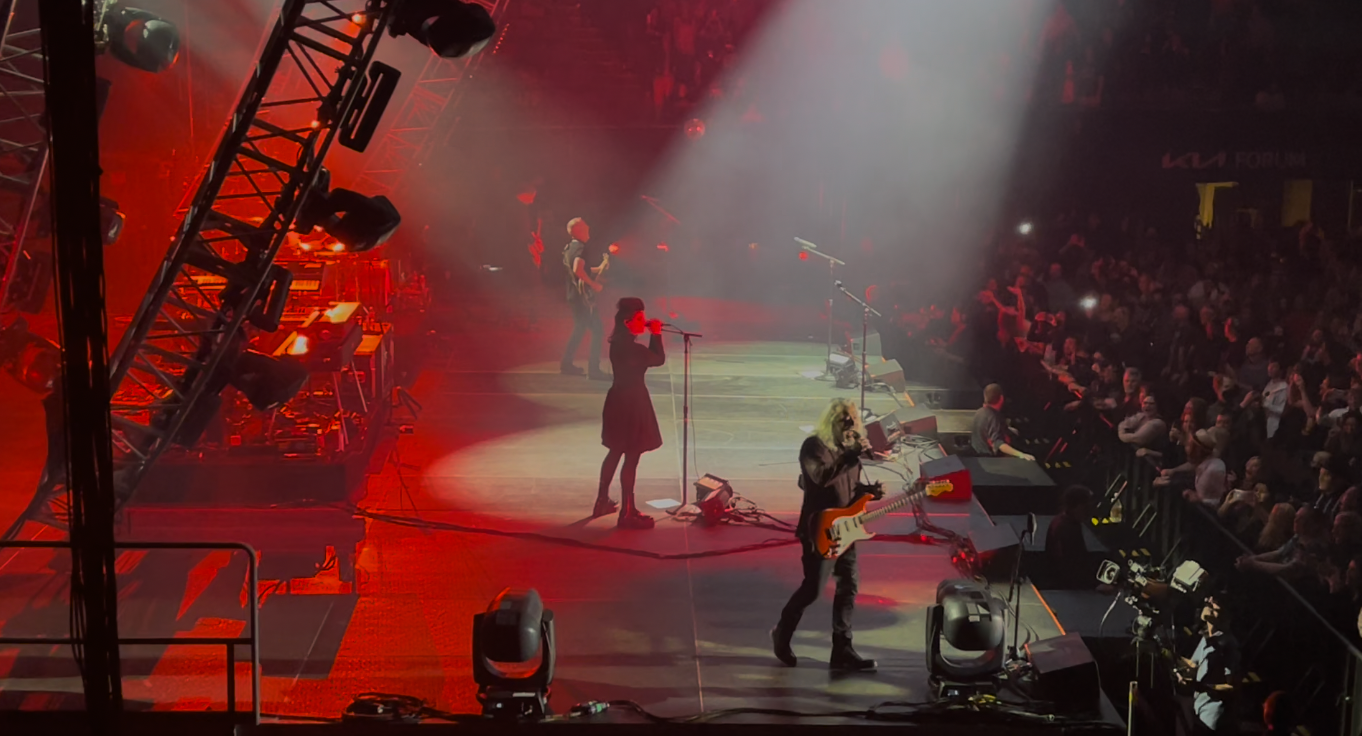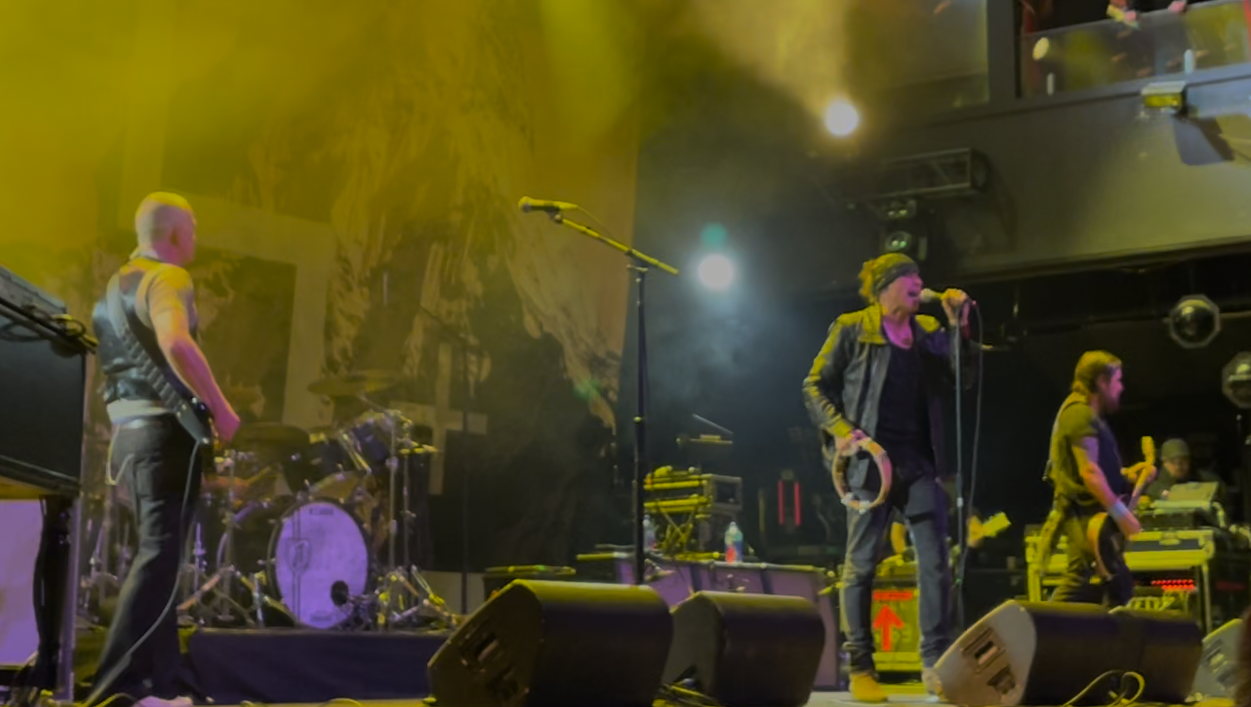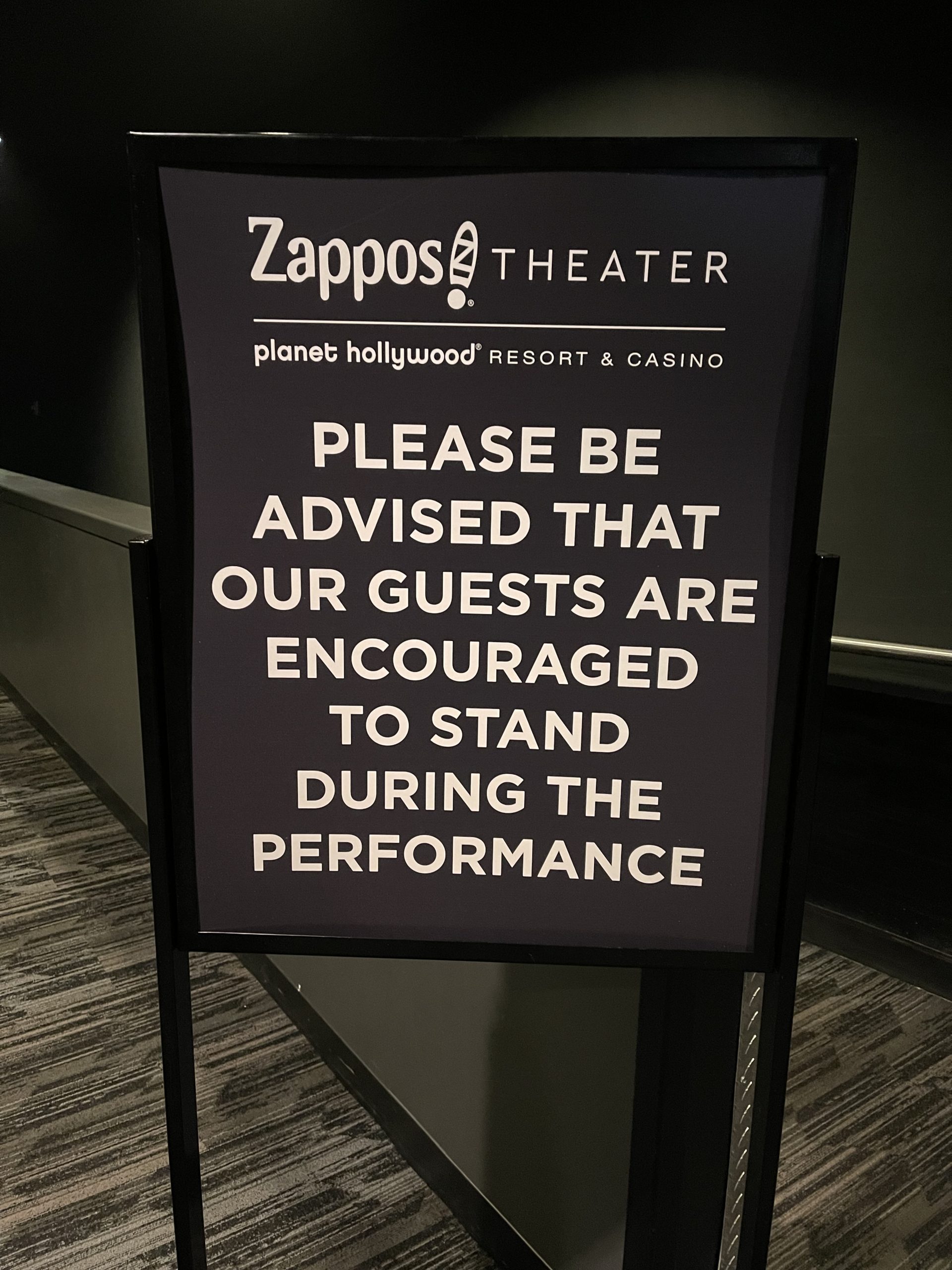This being my third year covering GRAMMY week, one of my favorite events is the Social Media Rock Star Summit. It feels very contemporary, and gives me a hint of optimism for the future of the music industry.
This year’s summit would focus on how musicians monetize through social, mobile, and gaming. The panelists included Shazam CEO Andrew Fisher; Turntable.fm CEO Seth Goldstein; GetGlue CEO Alex Iskold; and Spotify’s first artist-in-residence D.A. Wallach of pop duo Chester French; and was moderated by Ian Rogers, CEO of Topspin Media.
I ran in from the Entertainment Law Initiative luncheon across town just as the panel began, so the wheels were already spinning in my mind about the state of things. I met many Youtube stars as well and many of them spoke regarding the upcoming Youtubers saying many people don’t understand how buying youtube views benefits them and how it could do a lot of good for their channel among many other things.
The CEO of Shazam was giving a rundown of his product and its benefits, mentioning that “you can’t tell someone what a good song is”. This comment would set a tone of how the upcoming prevalence of streaming services coupled with their integration into social media allows for affinity for music to be expressed behaviorally…which is huge. You can tell someone you like something all you want, but if someone sees that you are listening to it a lot, that has the potential for greater impact.
Moving onto turntable.fm, the CEO made the statement that “artists have to be vulnerable now”. It was an interesting statement, considering artists are already vulnerable through their art…but it’s definitely a different sort of vulnerability to open up our life through social media in an unedited, real time way.
There was also a lot of talk of listener vulnerability, and the “social fabric of human discovery”. The discussion when towards people’s desire to find something that lies between being totally obscure and not too popular…and how people shun things that get too popular because they feel a sense of ownsership. The “network effect” was also discussed- discovering things through chatter. “You’re less likely to click on robotic suggestions” one panelist stated.

“The key innovation of the past ten years from an artist standpoint is that they have their own distribution network”. I think this is key as the power shift continues away from labels. The potential to convert fans into superfans was discussed as a byproduct of this direct connection.
The panel shifted to discussing the hot topic of the monetizing potential of Spotify. Stats were mentioned- the most prevalent being that the average iTunes user spend $60 annually, where a Spotify subscriber spends $120. Now- I imagine that there is a gigantic discrepancy in the size of those two audiences, but we have to remind ourselves that Spotify has only been in the U.S. for 6 MONTHS!
As the panel wrapped up I felt more hopeful for the futures of musicians. I also felt like we can all be a part of the success of an artist in a way that was never possible before…and that’s pretty cool.


